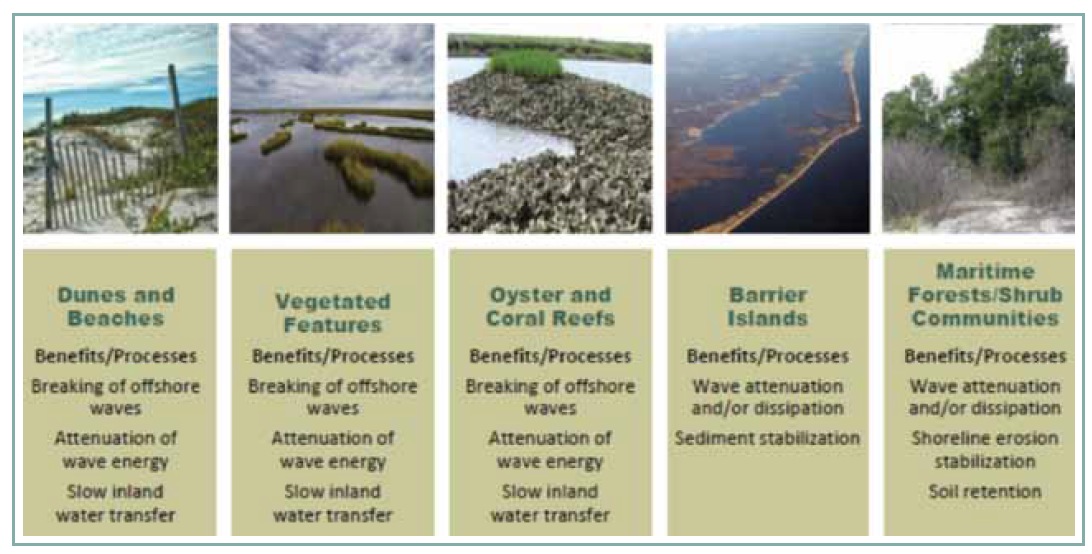
NATIONAL WILDLIFE FEDERATION
This report represents a collaborative effort of the National Wildlife Federation, Allied World Assurance Company, and Earth Economics to address the mounting risks of flooding and hurricanes to U.S. communities. Specifically, this report focuses on the U.S. coasts and coastal waters of the Atlantic and Pacific Oceans and the Gulf of Mexico and the nation’s extensive network of rivers and streams –places where millions of Americans live and work. It asks whether federal, state, and local officials are paying enough attention to the growing threats of floods and hurricanes across the country and whether they are using the policy tools at their disposal to protect people and property endangered by these potentially-catastrophic natural hazards.













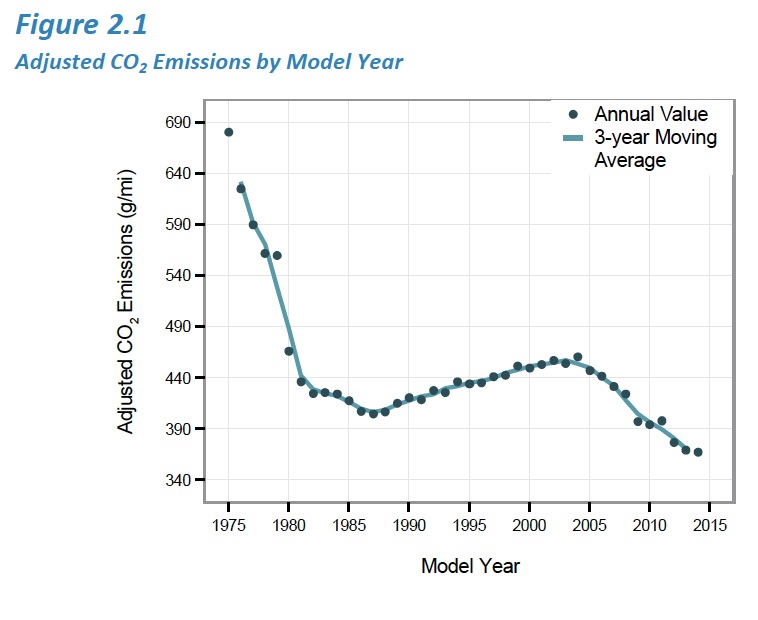
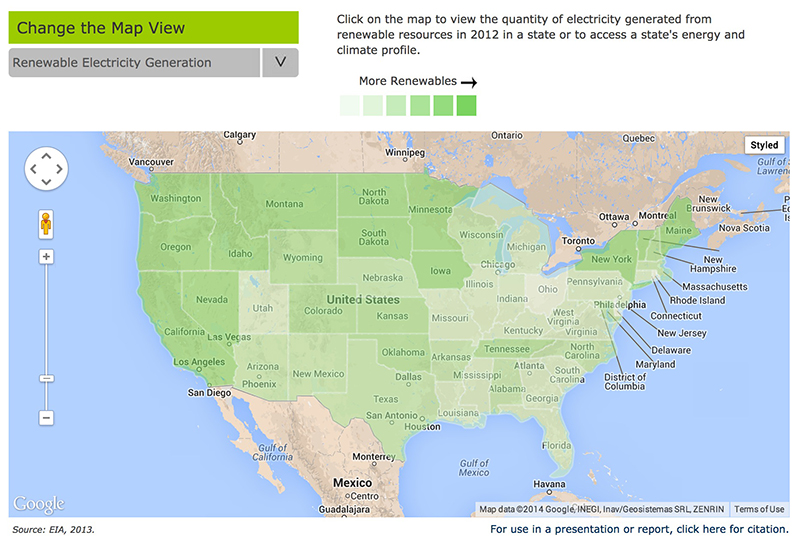
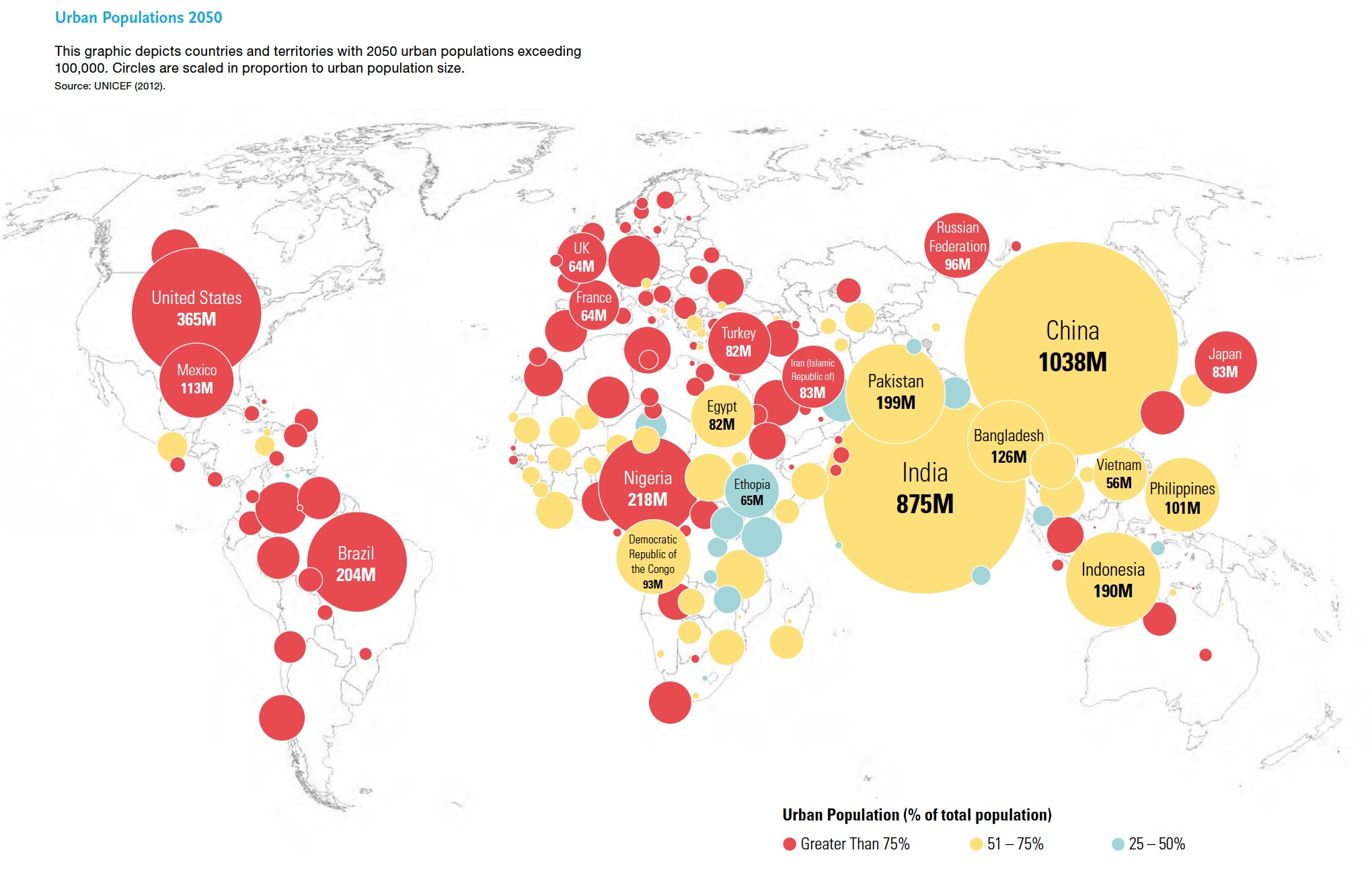
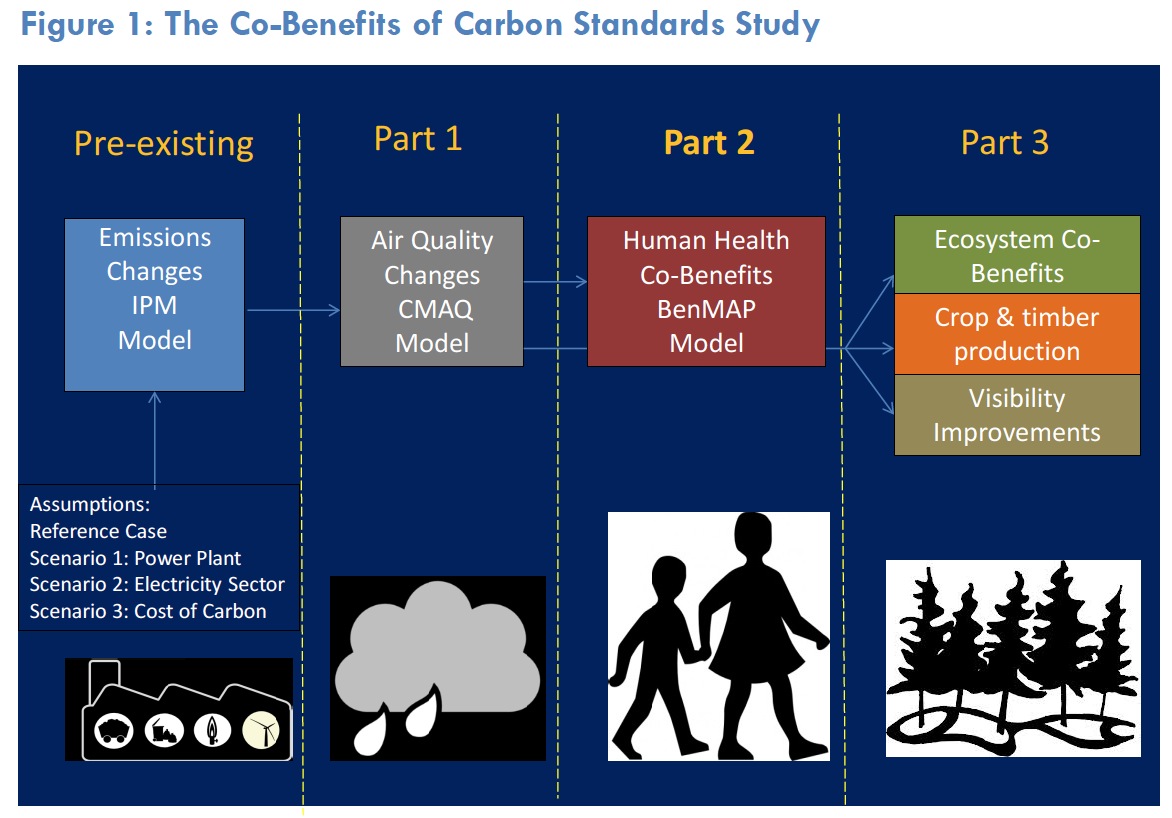

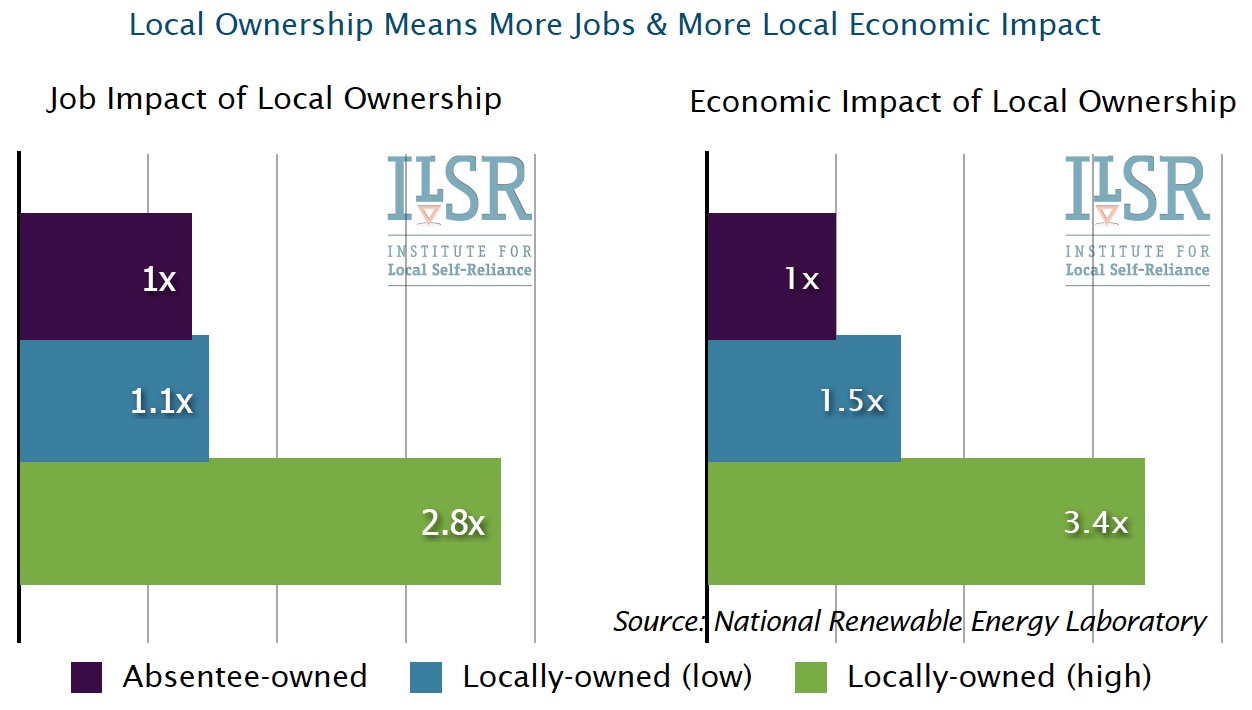
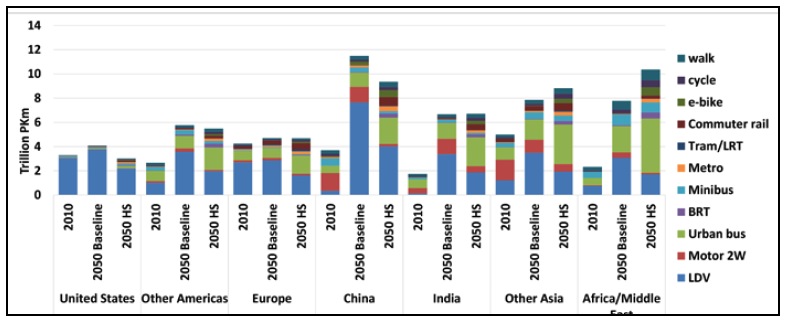
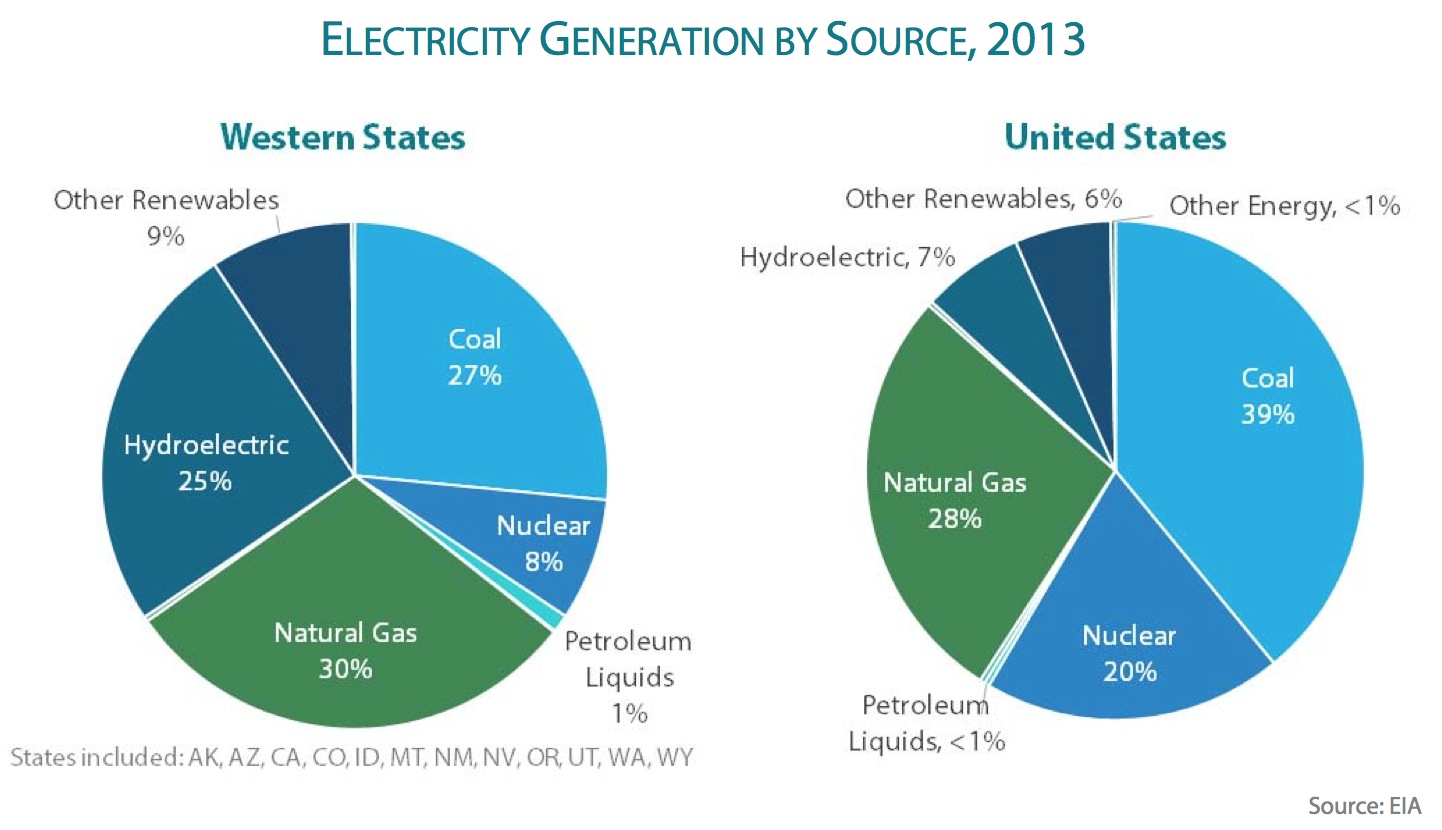

 RSS Feed
RSS Feed